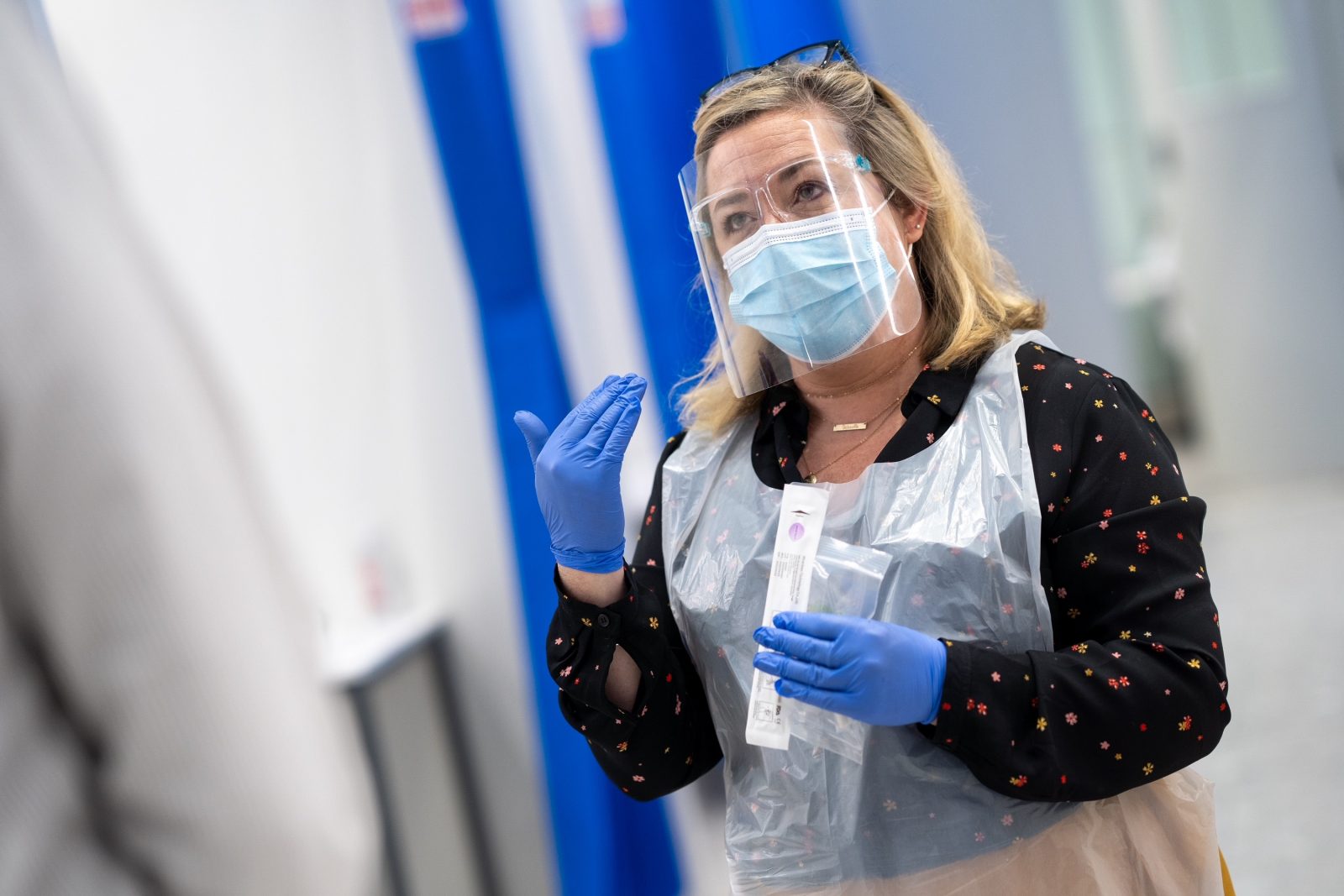
Last Friday, the British government said it was taking “decisive action” to prevent the importation of new fast-spreading variants of the novel Coronavirus from countries like South Africa and Denmark. Its plan was one that it had repeatedly rejected time and time again even in the face of mounting evidence to the contrary… the UK would finally require passengers present a negative COVID-19 test certificate dated within 72-hours of travel.
Grant Shapps, the country’s transport minister said pre-departure testing would “provide a further line of defence” when coupled with existing quarantine rules for travellers arriving from high-risk countries.
The British aviation industry has even cautiously welcomed the plan saying that amidst a “national health emergency” it made sense to toughen up travel restrictions. And while the airline industry had been hoping pre-departure testing could be used to reduce or remove the need for quarantine altogether, trade lobby group Airlines UK said it would accept pre-departure testing on top of quarantine as a time-limited emergency measure.
There is, however, just one small problem facing travellers who will need to comply with the new rules. While Shapps said the pre-departure testing requirement would come into force by the end of this week, the government still hasn’t published detailed guidance with less than 48-hours to go.
If, as it is widely expected to do, the government demands passengers present proof of a polymerase chain reaction (PCR) test then there will be the very real risk that passengers miss their flights or have to delay other travel plans.
So far, the British government has only said that a test must be taken within 72-hours of departure for all international arrivals whether by plane, train or ferry. There will be certain exemptions, including children under the age of 11, as well as essential transport workers like hauliers, pilots and cabin crew.
There may also be exemptions for travellers from countries where access to private COVID-19 testing is limited. The full list of exemptions and other rules still haven’t been published and travellers still don’t know when the rules will actually come into force or what will count as proof that they’ve tested negative.
The government could also authorise a wider range of tests like the United States plans to do but the exact details remain a mystery. A PCR test has to be sent to a lab for analysis and can take a number of hours to process. Less accurate but cheaper more widely available rapid antigen tests can produce results in just 30 minutes.
In the absence of official guidance from the government, British Airways said on Wednesday night that it would accept LAMP and rapid antigen tests, alongside PCR tests ahead of the requirement coming into force at 4 am on Friday morning.
The British government also faced flak when it introduced its ‘test to release’ scheme that allows travellers from high-risk destinations to reduce their time in quarantine to between five and six days by taking a COVID-19 test after at least five days in isolation.
After the scheme launched only a handful of test providers had been approved and most didn’t have any test availability at all. One test provider even asked to be removed from the approved list because demand was so great.
Mateusz Maszczynski honed his skills as an international flight attendant at the most prominent airline in the Middle East and has been flying ever since... most recently for a well known European airline. Matt is passionate about the aviation industry and has become an expert in passenger experience and human-centric stories. Always keeping an ear close to the ground, Matt's industry insights, analysis and news coverage is frequently relied upon by some of the biggest names in journalism.







